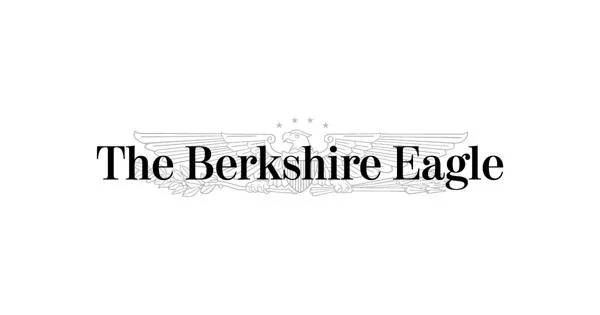By Joseph Inokotong
Copyright tribuneonlineng

Industry stakeholders have hailed the Nigerian Insurance Industry Reform Act (NIIRA) 2025 as a game-changing legislation that could expand the sector’s contribution to Nigeria’s Gross Domestic Product (GDP) and strengthen its role in building a $1 trillion economy.
Signed into law by President Bola Tinubu in July, the NIIRA seeks to deepen insurance penetration, enhance industry stability, and improve public trust in the system.
Experts at the 10th annual conference of the Nigerian Association of Insurance and Pension Editors (NAIPE) said the law provides the framework for stronger financial capacity, better risk management, and increased local retention of insurance business.
The Commissioner for Insurance and Chief Executive of the National Insurance Commission (NAICOM), Mr. Olusegun Omosehin, represented by Dr. Tamis Usman, Director of Legal, Enforcement and Market Development, explained that the Act introduces a two-tier capital requirement.
He said minimum capital has been raised to ₦10 billion for life insurance, ₦15 billion for non-life, and ₦35 billion for reinsurance firms, alongside a risk-based capital system that ties capital levels to the size of risks underwritten.
According to him, this will ensure insurers have the financial muscle to absorb shocks, settle claims promptly, and inspire greater confidence in the market.
He stressed that consumer protection is central to the reforms, noting that NIIRA mandates simpler, clearer policy documents and obliges insurers to issue contracts before coverage begins.
“This alone will build trust and boost public confidence in the insurance sector,” Usman said.
The Director-General of the Nigerian Insurers Association (NIA), Mrs. Bola Odukale, emphasized that effective implementation is key.
She said the association would drive self-regulation, market discipline, and public awareness to ensure the law delivers on its promise.
“A law is only as effective as its implementation. We are working with our members not just to comply, but to actively create awareness of compulsory insurance products such as motor, building under construction, and liability policies,” she said, adding that timely claims settlement remains central to rebuilding public trust.
On his part, the Executive Director of Business Operations at emPLE Life Assurance, Mr. Makanjuola Tubi, highlighted the need to extend coverage to Nigeria’s vast informal sector, which accounts for about 60 percent of GDP but remains largely uninsured.
ALSO READ: I never told anyone I wanted third term, Obasanjo opens up
He argued that capturing this untapped market is critical to unlocking the full potential of NIIRA, stressing that “We must develop creative ways to expand financial inclusion and bring the underserved into the insurance and pension net”.
Experts believe that if fully implemented, NIIRA 2025 could transform the insurance sector from a marginal player into a significant contributor to Nigeria’s economy.
The Act is expected to increase penetration, attract investment, and ultimately support economic growth and job creation by strengthening capital bases, mandating risk-based requirements, simplifying processes, and expanding compulsory insurance coverage.



